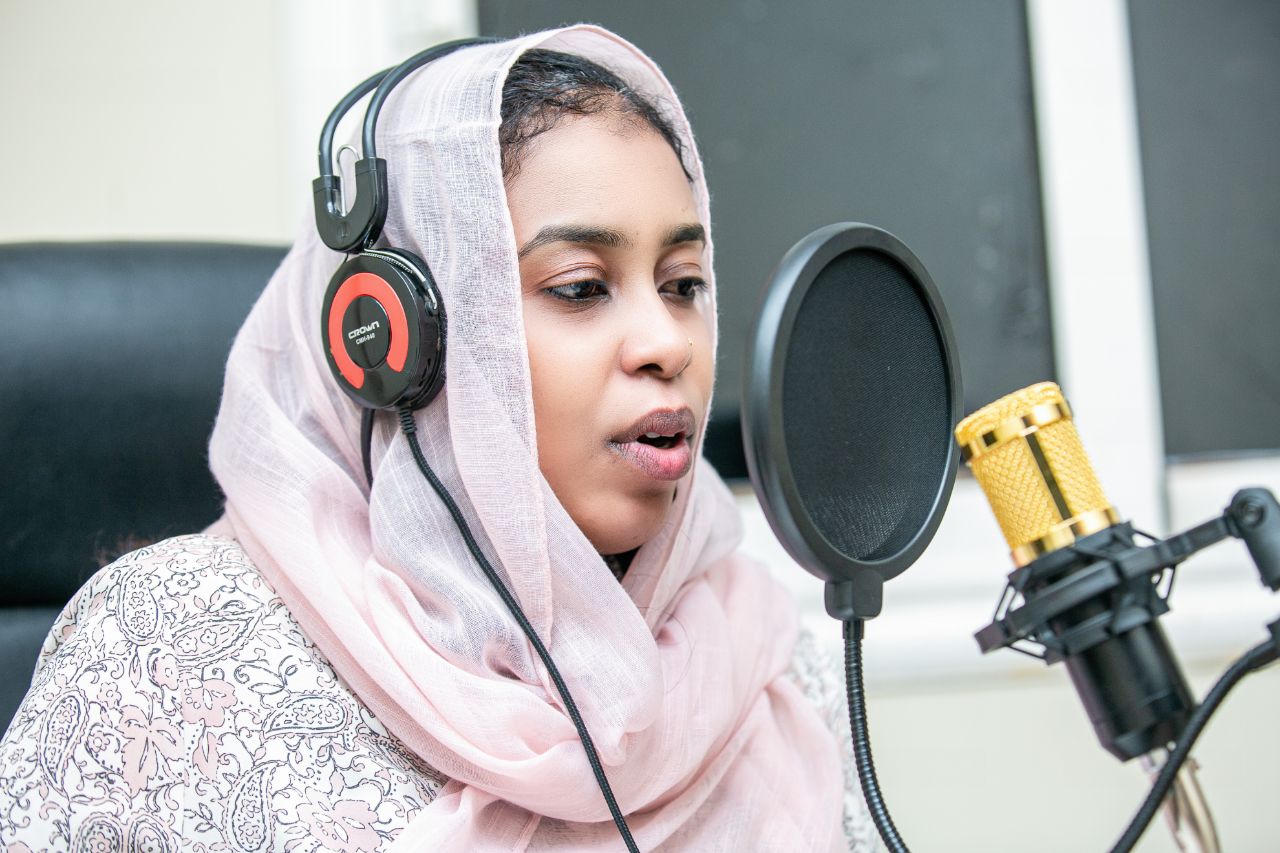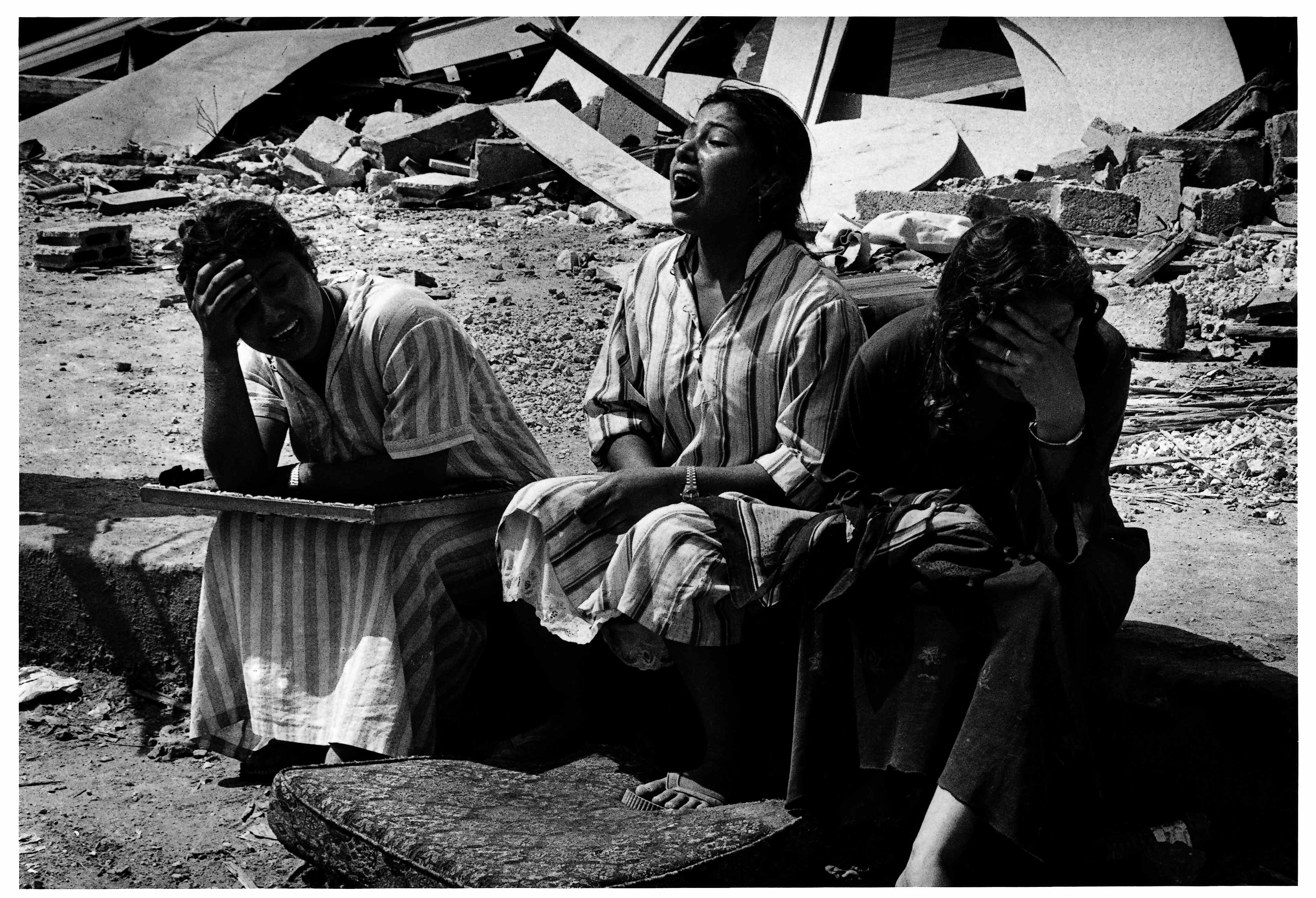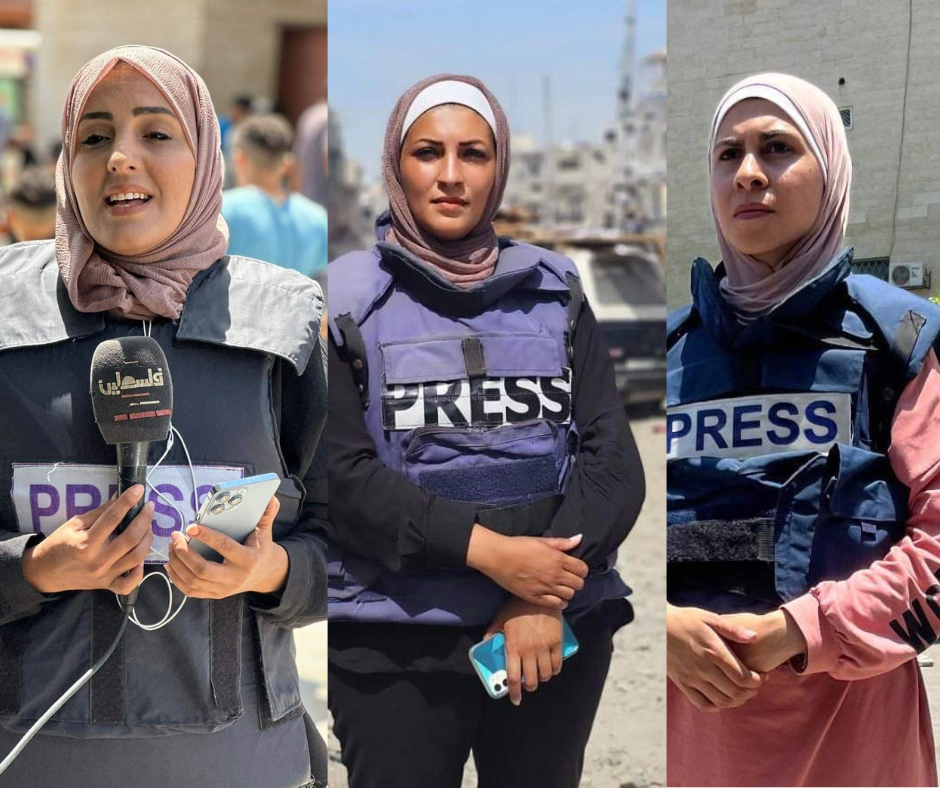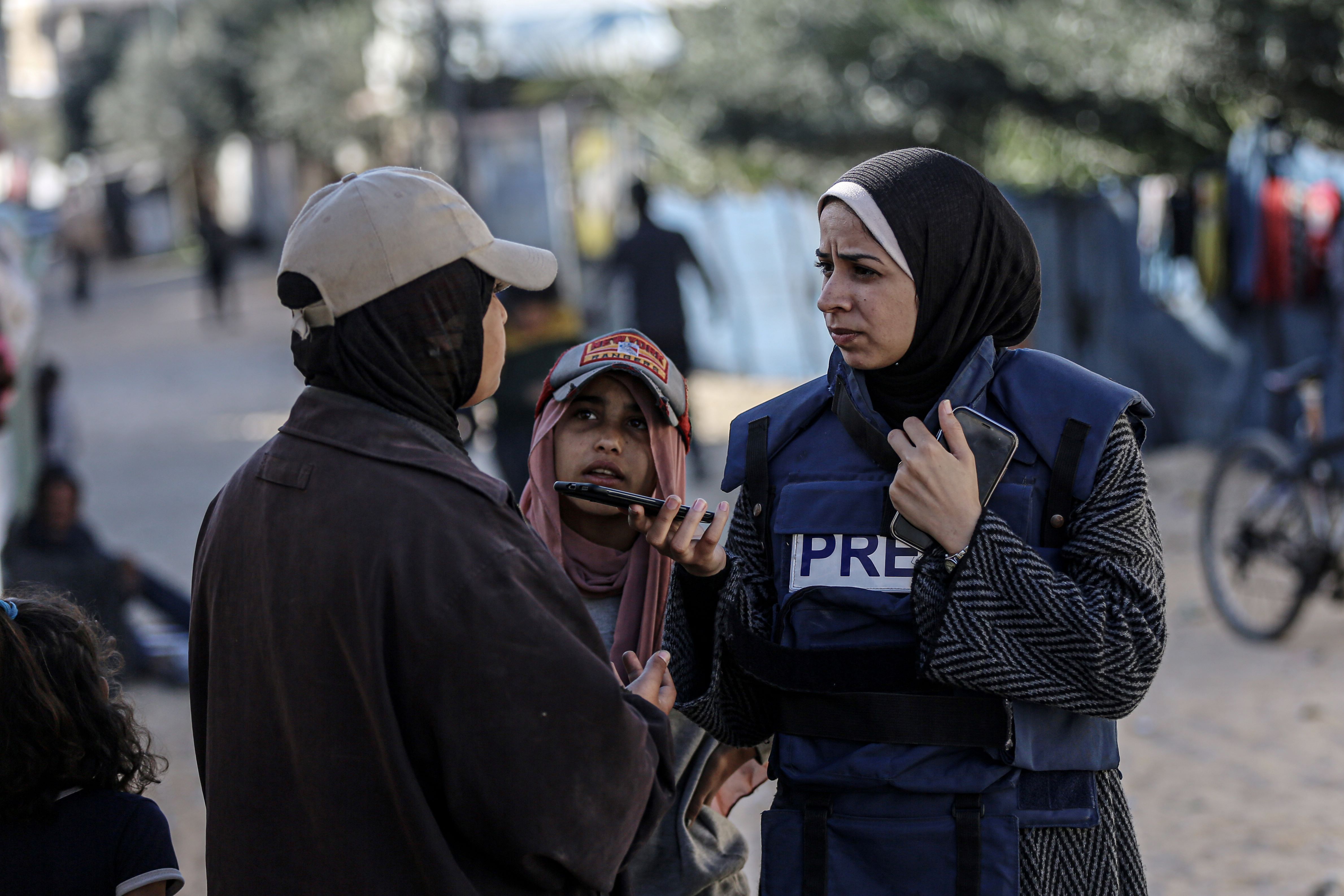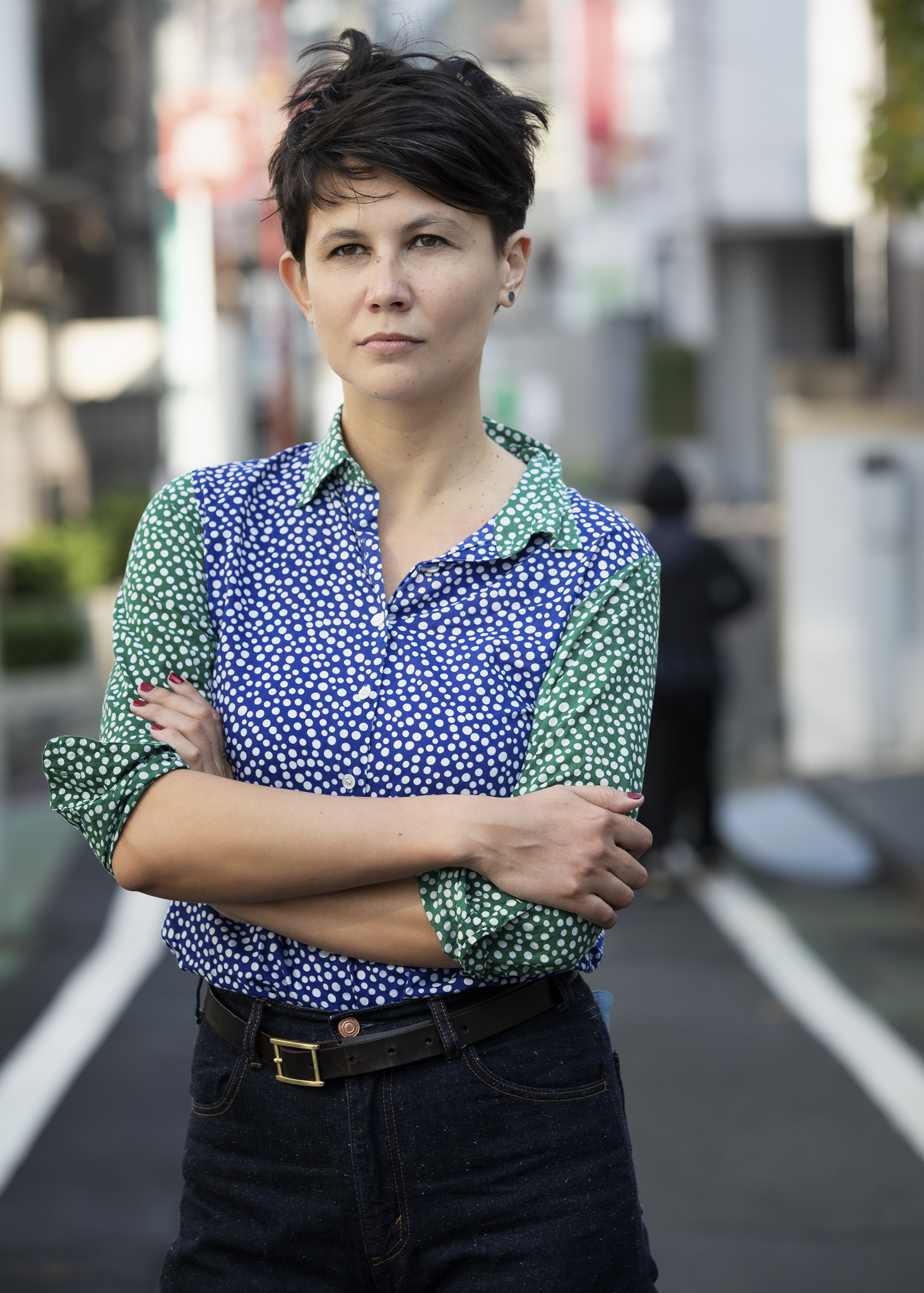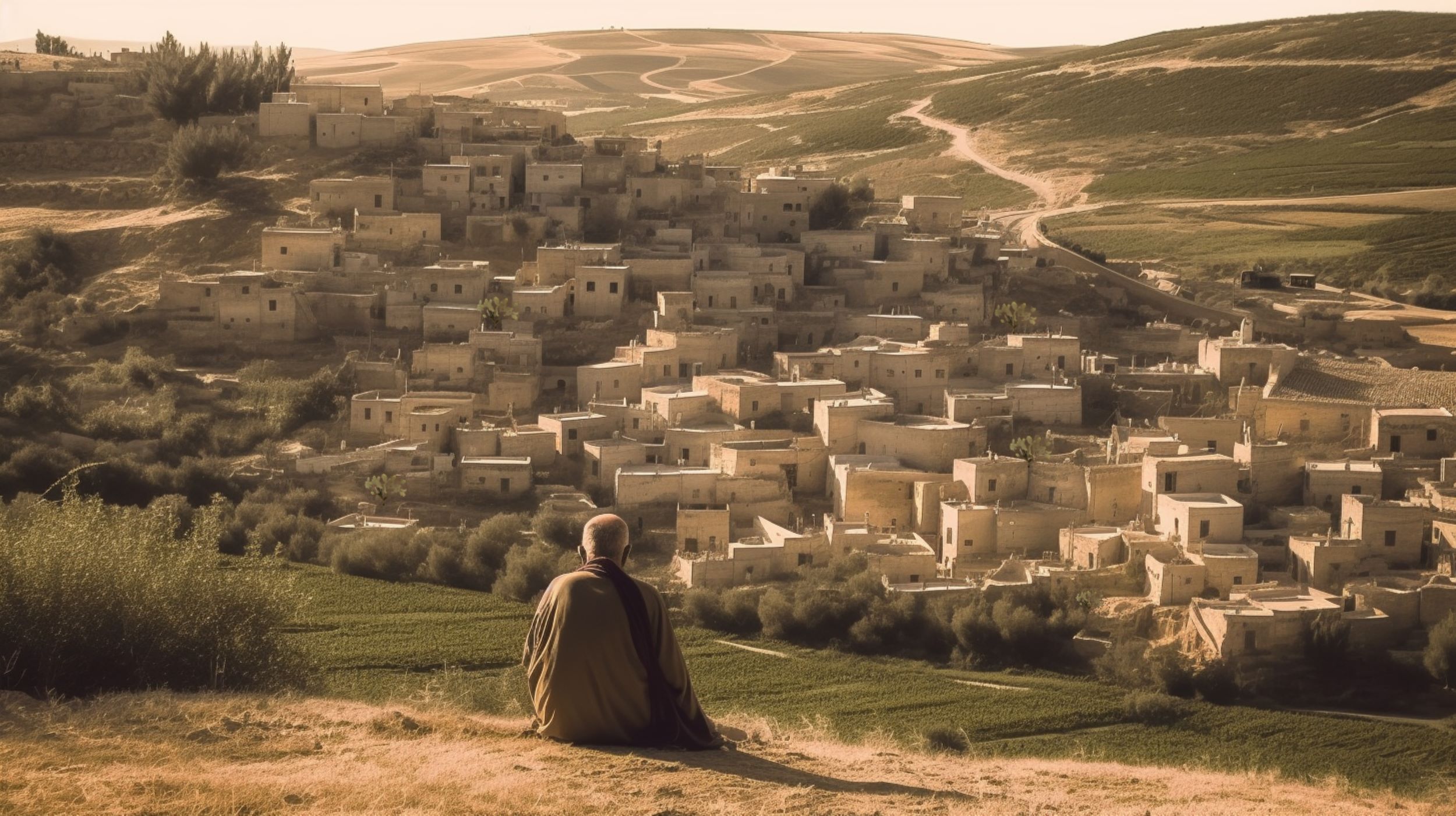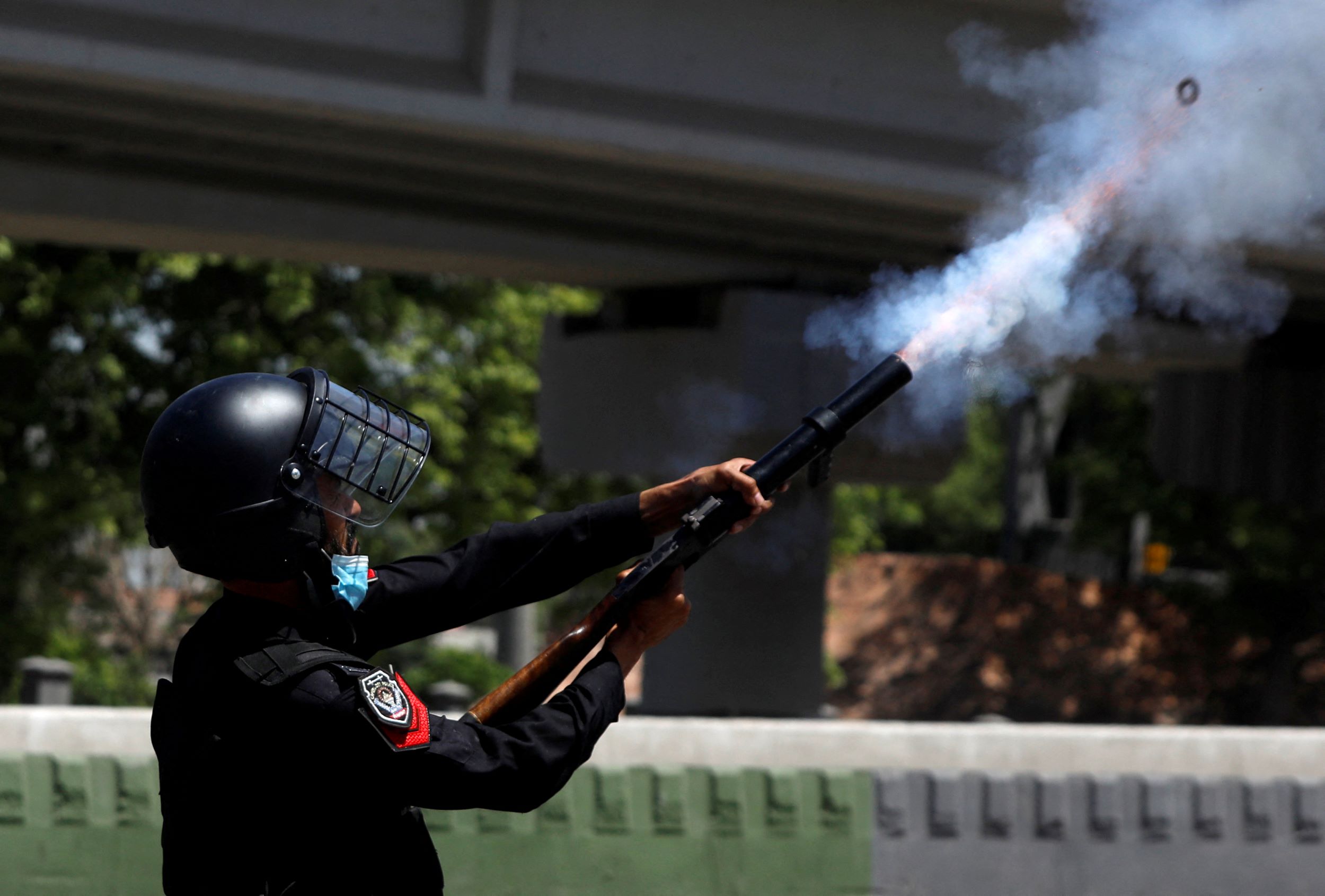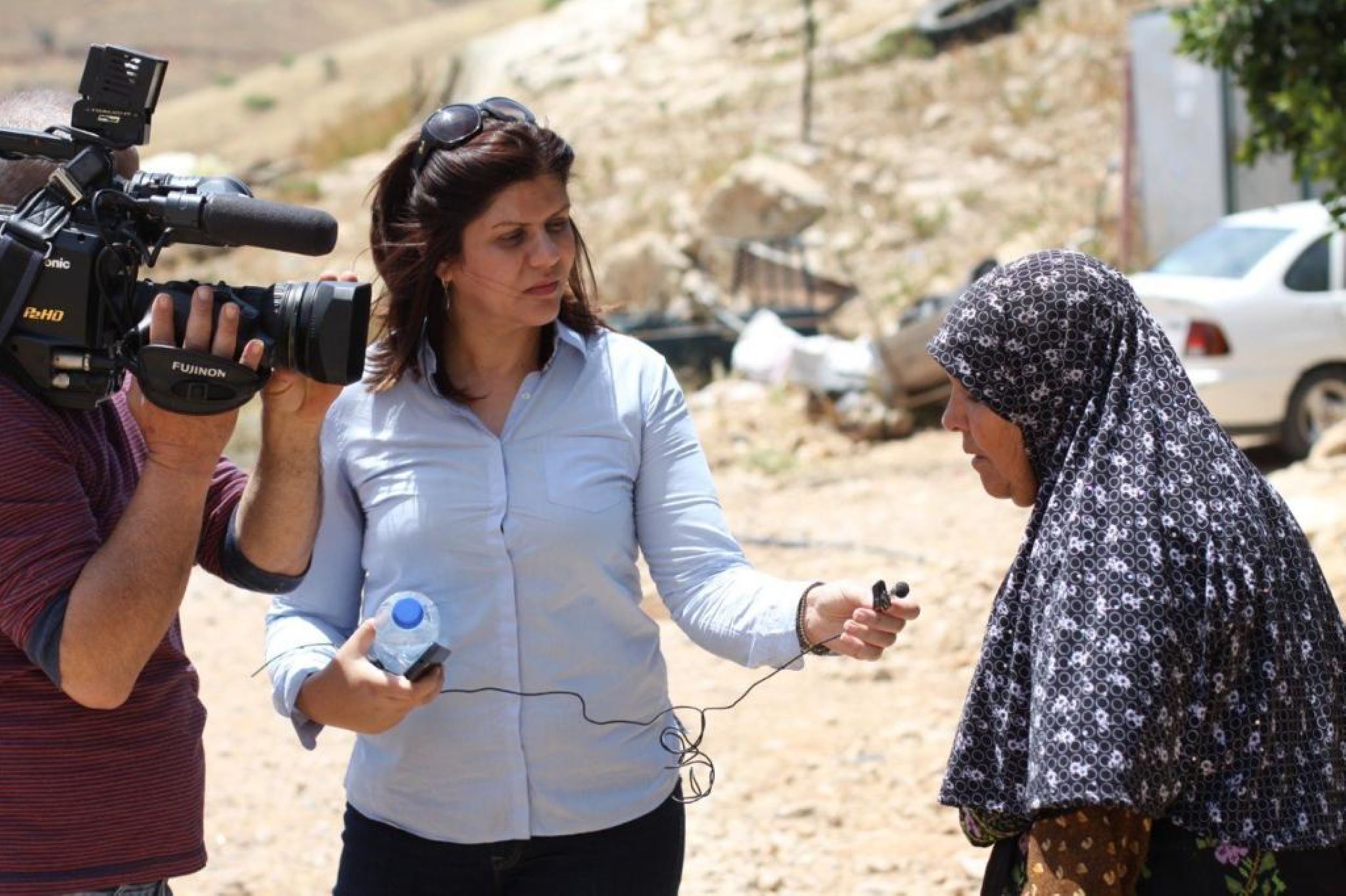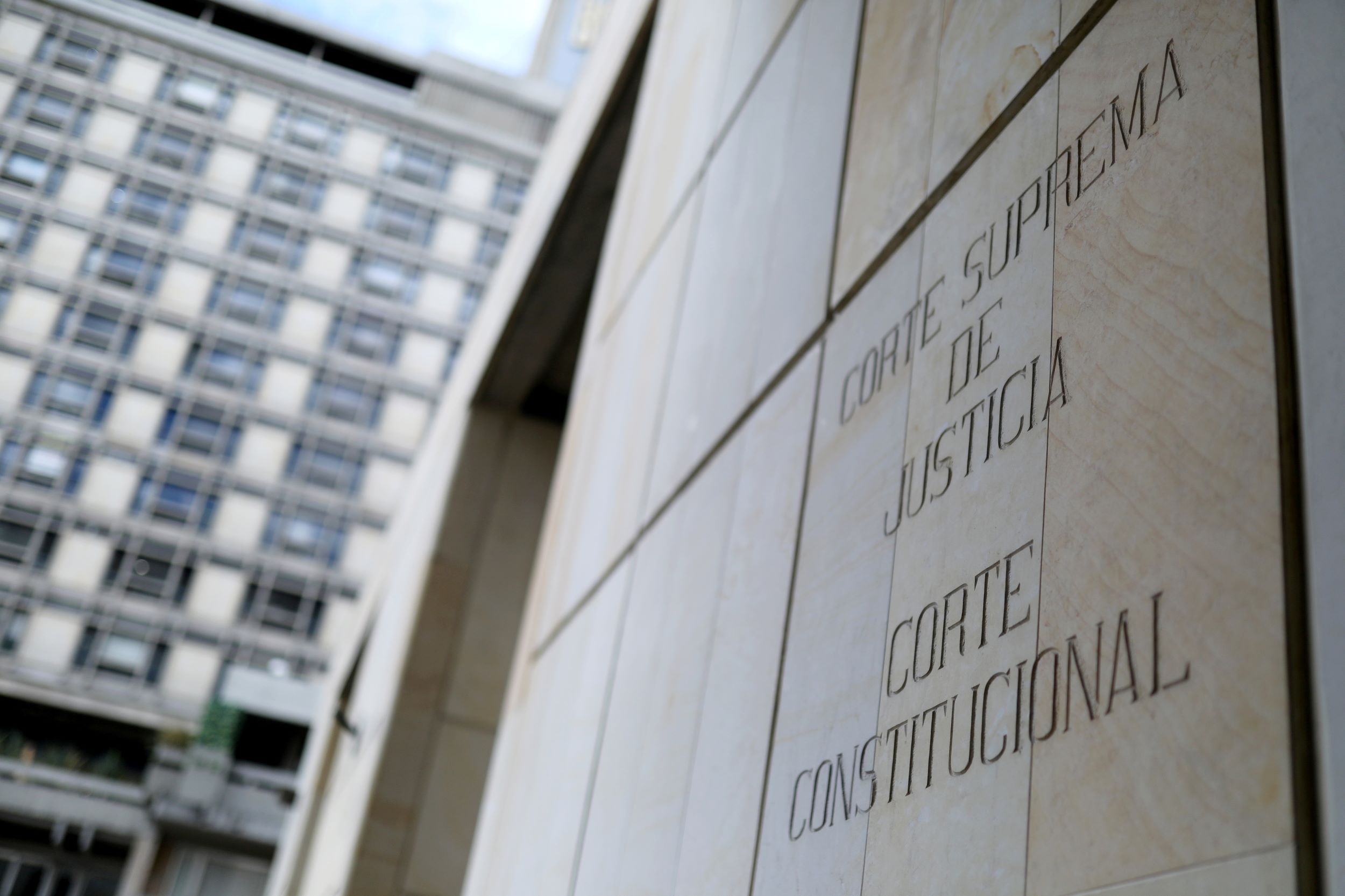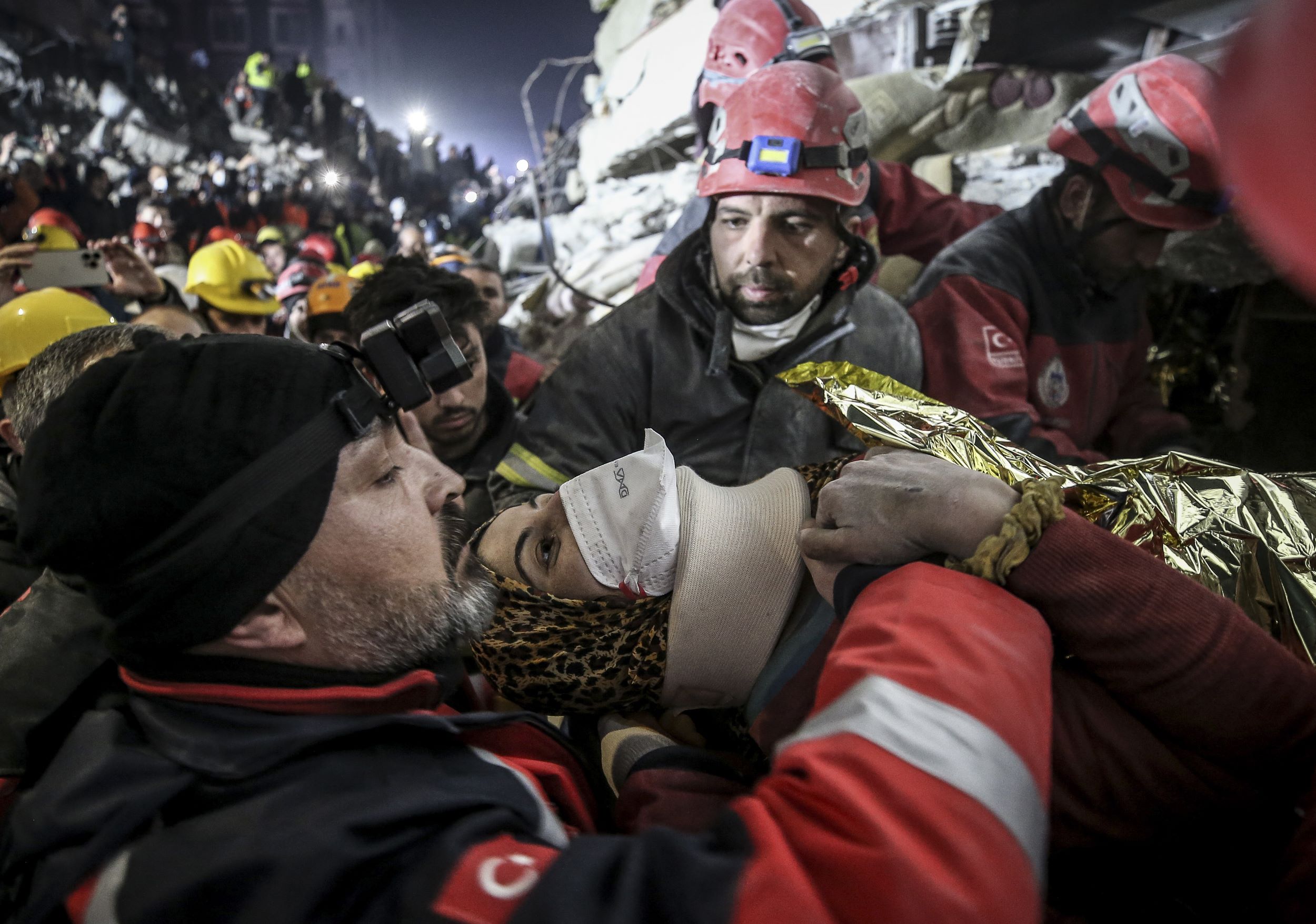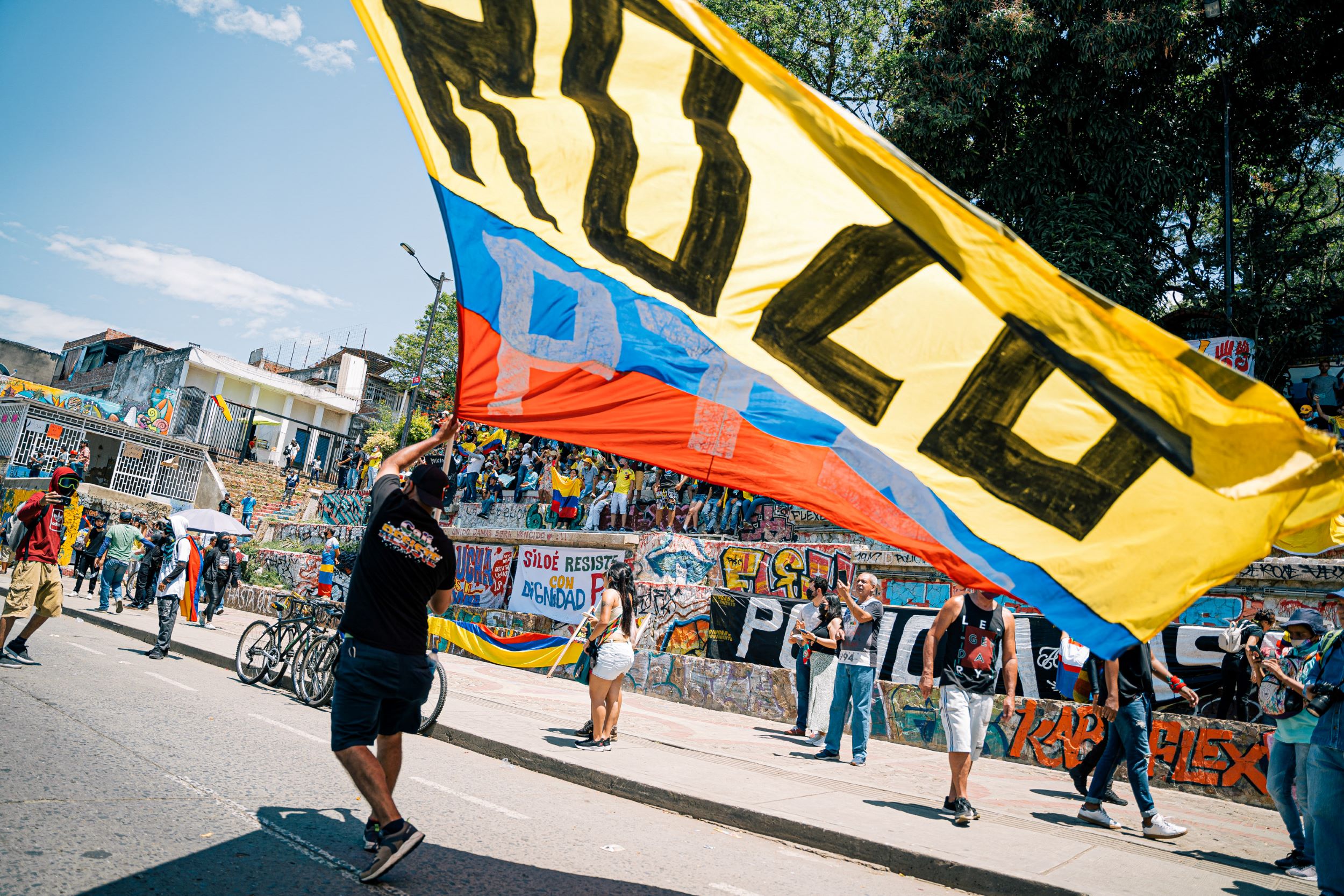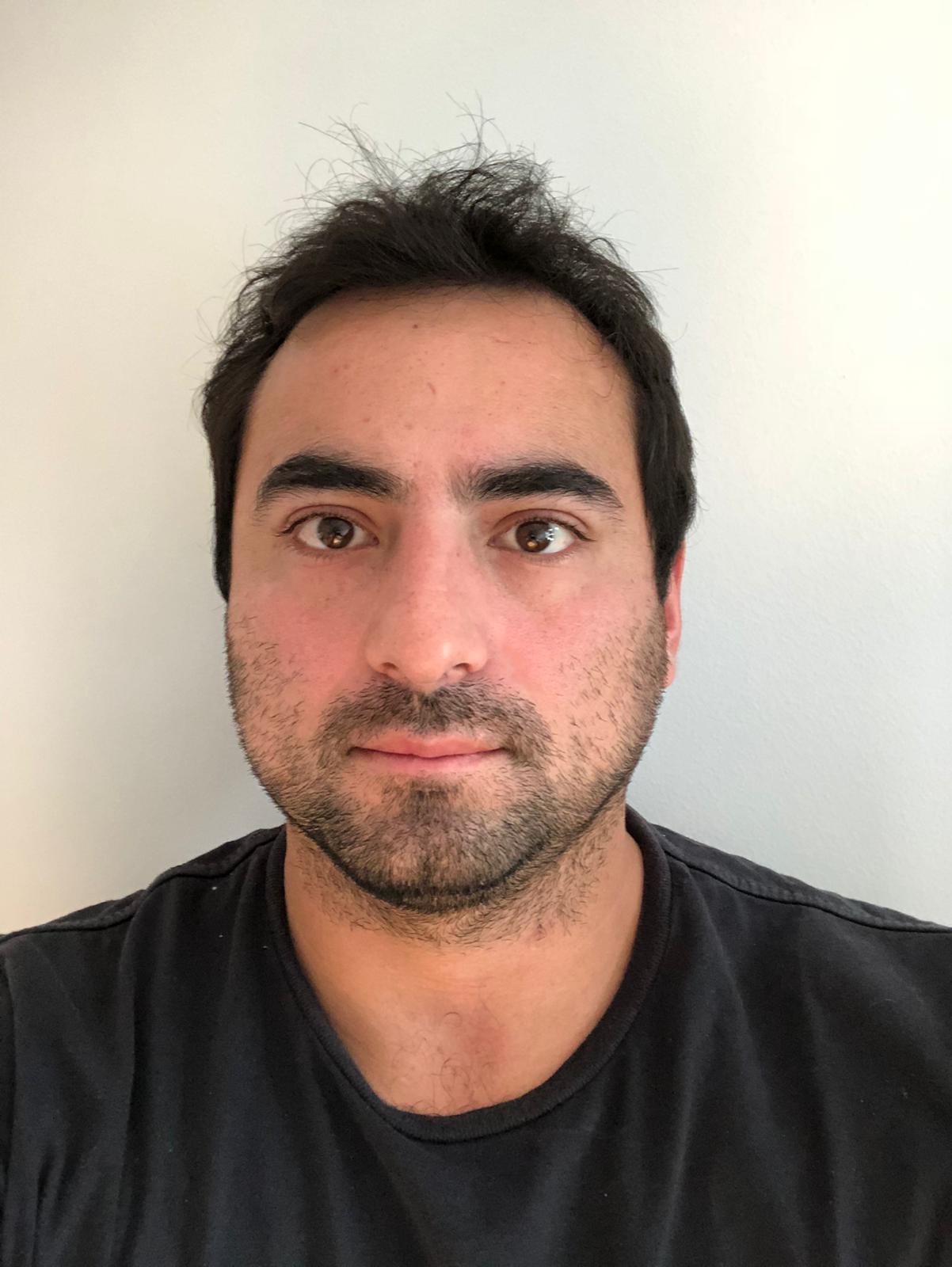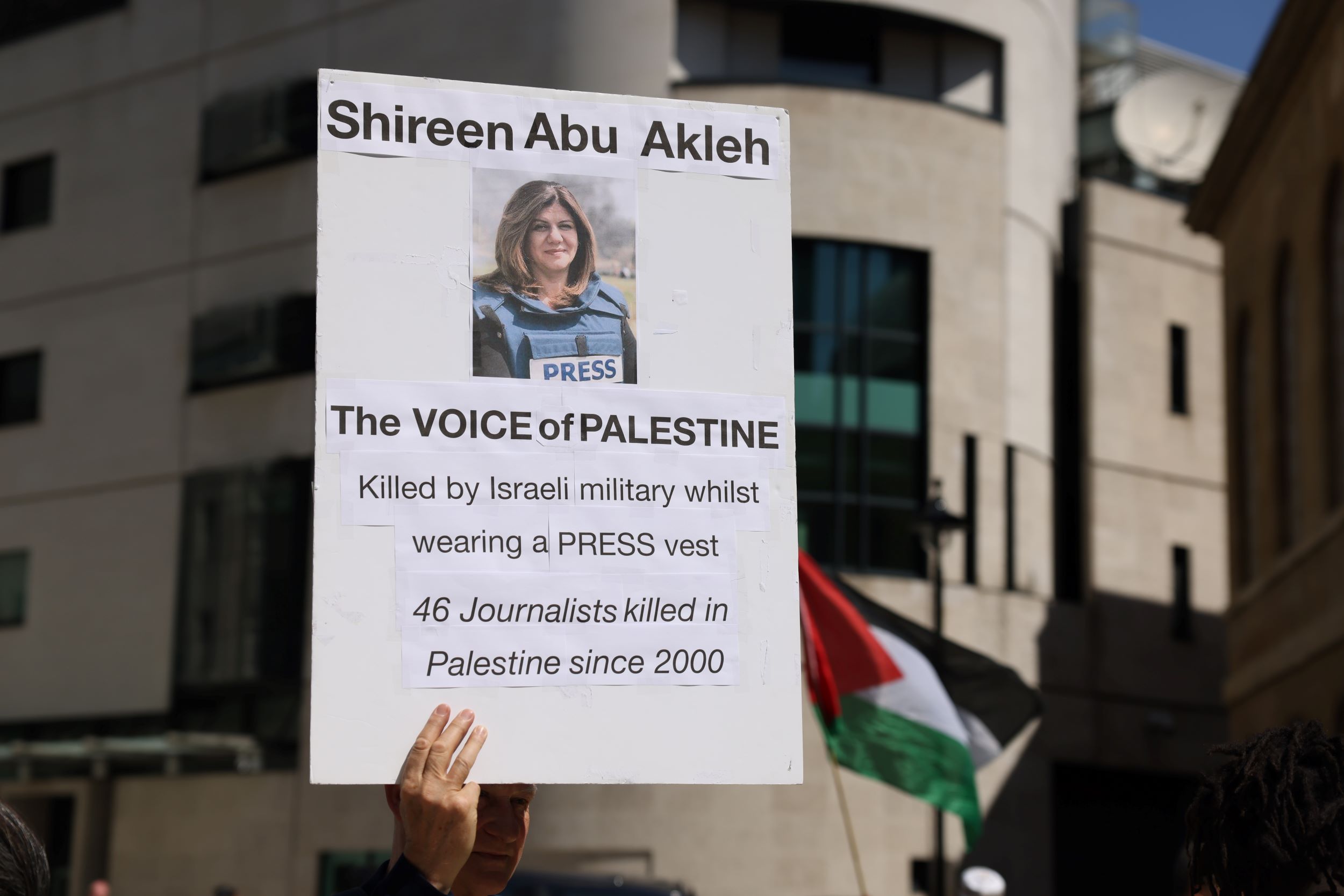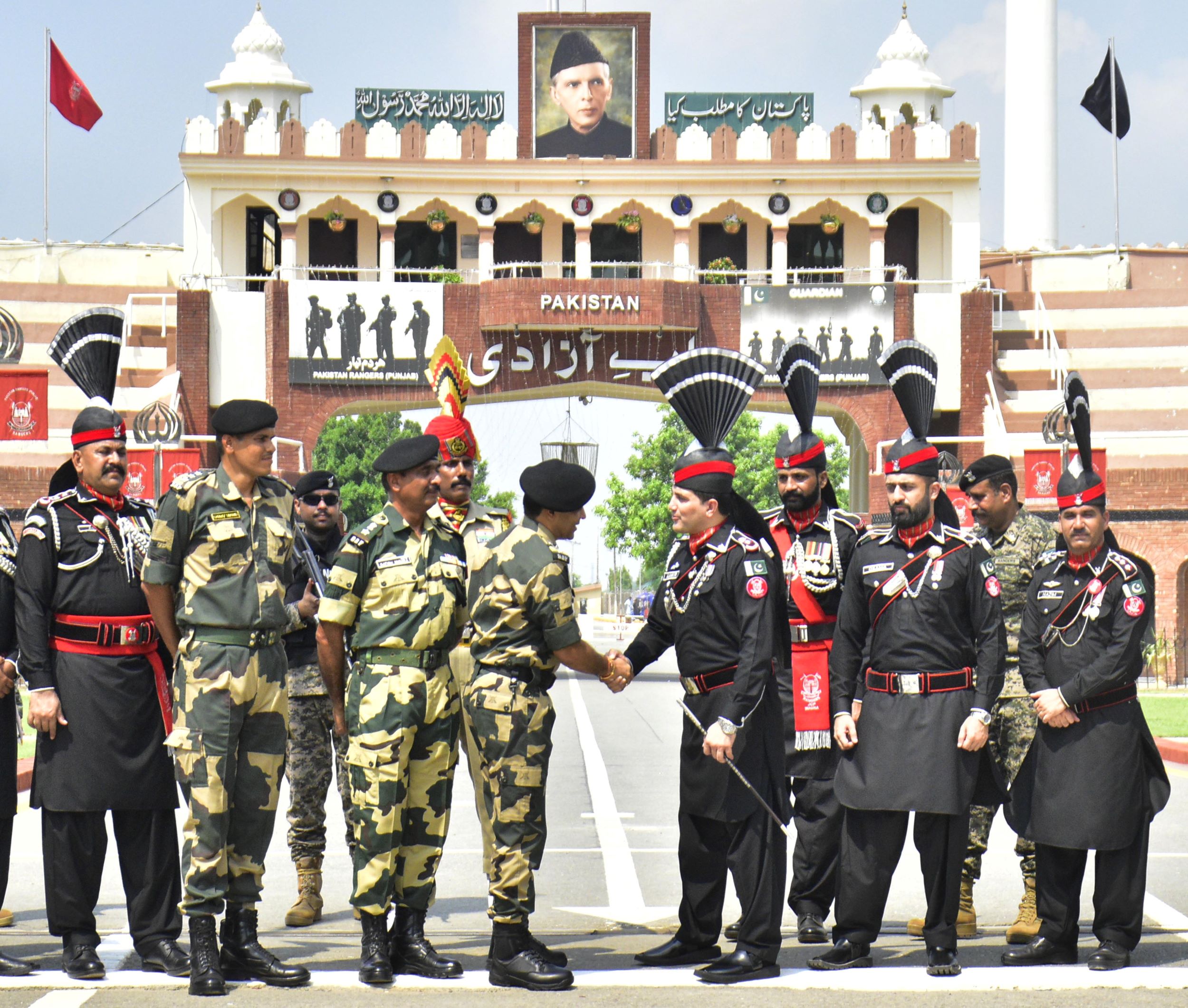في العام 2015، نشر موقع "سي.بي.جي" الخاص بلجنة حماية الصحفيين مقالا بعنوان "صحفيون في الميدان بمفردهم.. زيادة عدد الصحفيين المستقلين يعني حصولهم على دعم أقل وتعرضهم لخطر أكبر". كان المقال يناقش المخاطر المحدقة بالصحفي المستقل في مناطق النزاع آنذاك، لكن المراقب لوضع الصحفيين المستقلين اليوم وارتفاع أعدادهم يقف على معادلة "دعم أقل وخطر أكبر"، ليس فقط في مناطق النزاع وبؤر التوتر، وإنما عبر العالم كله وتحديدا في العالم العربي الذي تقل فيه فرص حصول الصحفيين على حقوقهم الأساسية.
ومع الظرف الاستثنائي الذي فرضته جائحة "كوفيد-19" وما آلت إليه الأوضاع في كل العالم، تعيش الصحافة حالة تغير، وتعرف المؤسسات الإعلامية مخاضا في بنياتها وطرق عملها وإستراتيجيات التعامل مع الموظفين. وهناك تسريع لوتيرة تراجع الإعلام الورقي وعصف بآلاف الصحفيين خارج دائرة الأمان الوظيفي، ومنه تزايد أفواج "الفريلانس".
"الفريلانس" صيغة المستقبل!
ظهر مصطلح "الفريلانس" في سوق العمل منذ حوالي عقدين من الزمن، وأصبح مرادفًا للعمل الحر أو المستقل، وعرف رواجا بين الباحثين عن فرصة عمل بمميزات إضافية عن الدوام. وقد بدأ بالكتابة والترجمة، ومع التطور التكنولوجي السريع وانتشار شبكة الإنترنت، فُتح بابٌ للعمل من المنزل، وظهرت العديد من منصات العمل الحر، من بينها الوظائف والأعمال الصحفية والإعلامية المختلفة. والآن أصبح على رأس معظم السِيَر الذاتية للشباب، وتحول إلى صيغة عمل منتشرة يُتوقع أن تهيمن على أسواق العمل مستقبلا في مختلف القطاعات.
الصحافة بالقطعة
يُعرف العمل بالقطعة بأنه نوع من الوظائف التي يُدفع فيها للعامل أجر ثابت لكل قطعة ينتجها أو ينجز عليها عملا أو يبيعها، بغض النظر عن الوقت المستهلك لإنجاز ذلك. وظهر مفهوم القطعة خلال منتصف القرن التاسع عشر في أوروبا، وتطور مع تطور مفهوم ونوع الأجر في النظريات الاقتصادية. وساهم توسع شبكة الإنترنت في تطور التعاقد على القطعة، حتى أصبح مفهوم العمل الحر (الفريلانس) ومفهوم العمل بالقطعة وجهين لعملة واحدة.
وسمي الكُتاب بالقطعة "مُصاحفين" تميزا لهم عن المحررين الأصليين، وكانوا يُعتبرون أنشط الأعضاء في المجلات، حسب توصيف كتاب "المدخل في فن التحرير الصحفي" لصاحبه عبد اللطيف حمزة، حيث كانوا يزودون المجلة بالمقال والقصة ورسوم الكاريكاتير وغيرها.
مظليون في مهب الرياح
أعلن المجلس الوطني للصحافة في المغرب أن عددنا -نحن الفريلانسرز المغاربة- فقط 87 حاصلا على بطاقة الصحافة المهنية (62 صحفيا و25 صحفية)! لكن كتّاب القطعة أكثر من ذلك بكثير!
إنها الدوامة، عنق الزجاجة التي تحشر فيه الحقوق فيصبح الانزياح إلى وسط الزجاجة المغلقة انعتاقا، إذا لم تستطع الخروج منها. وصحفيو القطعة خصوصا العاملون مع منابر دولية دفعوا بأزمة عنق الزجاجة إلى الخارج، فشكلوا نماذج من المظليين السابحين لتفادي السقوط الحر.
أحيانا يعمل الصحفي في أكثر من مكان ولصالح عدة جهات لتوفير راتب مناسب، وأحيانا يقبل بشروط بعض المؤسسات بالتفرغ والعمل حصريا معها، بلا راتب تقاعدي ولا تأمين صحي ولا بدل نهاية خدمة ولا إجازات مأجورة ولا تعويضات إصابة عمل..
والأصعب أحيانا، بلا انحياز إلى المهنية، فتجد من يكتب عن كل شيء وأي شيء، ومن يلعب أوراق الصراعات، ويصطاد في الماء العكر على حساب المهنة، ومن يدبّج مقالات رأي تحت الطلب.
شهادة
أكتب هذا الكلام الذي يمكن أن ينشر أيضا في إطار العمل بالقطعة، لا تحت طلب أو تكليف، ولا مجرد تأمل ومعالجة واقع شريحة من الصحفيين، بل أكتبه شهادةً من واقع حال شخصي وحال زملاء قريبين مني، عشنا تجربة وقف إصدار الجريدة الورقية التي عملنا معها.
وهو وضع زملاء آخرين أيضا تخرجوا من المعاهد العليا للصحافة والإعلام، وآخرين خبروا المهنة لأعوام، وهناك مدراء نشر ورؤساء تحرير يكتبون بالقطعة لرفع مصاريفهم وتغطية نفقاتهم، بل هناك من يعمل لتغطية نفقات مشروعه الإعلامي، أو ليدفع لصحفي آخر يعمل عنده.
وبالطبع، هناك من يكتب بهدف الانتشار الأوسع، وإيصال صوته إلى أكبر عدد من القراء، منهم من اختار هذا النمط من الكتابة طواعية لما يوفره من حرية وانتشار، ومنهم من اضطر إليه اضطرارا، ومن فُرض عليه بمنطق الأمر الواقع.
مؤسسات كثيرة حتى الكبيرة منها وذات الانتشار الواسع، أصبحت تلجأ إلى هذا النوع من "التعامل"، حتى لا أقول "التعاقد" لأنه تعامل خال من أي تعاقد، ولا يعتمد على أي ضمانات ولا يحقق أي استقرار.
وهو ما يوفر للمؤسسة مجال مناورة كبيرا جدا يمكّنها من استبدال المتعاملين معها في أي وقت، وإبطاء أو تسريع وتيرة النشر بحسب إستراتيجيتها، بما يمنحها هامش تحكم في ميزانيتها وفي جودة المحتوى الذي تنشره.
سؤال الحماية
"العطاش" صفة كانت تُطلق على العمال في الأشغال اليدوية كالبناء والحفر، وهي مشتقة من الكلمة الفرنسية "a la tache" أي بالقطعة، وهو ما كان يجعل العامل يبقى طويلا في ورش العمل ليكمل العمل المكلف به (القطعة)، وما كان يصاحب ذلك من كد وتعب وعطش، حوّل المهمة إلى اصطلاح "العمل بالعطش"، وسمي ممارسوها "العطّاشة".. اليوم في مجال الإعلام الذي يوصف بأنه مجال الرمال المتحركة، أصبح المراسلون المستقلون "عطاشة" العصر الحديث، إما أن يتحملوا عطشهم أو يعطشوا من دونه.
بدأ الصحفيون المستقلون في الدول الغربية تنظيم أنفسهم خارج إطار التجمعات الإعلامية والمنظمات الداعمة مثل "سجل الصحفيين المستقلين في الخطوط الأمامية" التي تتخذ من لندن مقراً لها ويلتزم أعضاؤها بالمحافظة على المعايير الصحفية المهنية، والمشاركة في دورات التدريب على التعامل مع البيئات المعادية والإسعاف الأولي الطارئ، وشراء بوليصات تأمين ملائمة، واتباع البروتوكولات الأمنية الأساسية.
وهناك هيئات تمثيلية أنشأها ويديرها صحفيون مستقلون، وهي مفتوحة للصحفيين الدوليين المستقلين الذين يتعرضون للخطر في عملهم ويلتزمون بمدونة قواعد السلوك الخاصة بها، إذ توفر لأعضائها الدعم والتآزر أثناء الدفاع عن سلامتهم وممارستهم المهنية.
ولكن يبقى سؤال الحماية مطروحا فيما يتعلق بالصحفيين المستقلين في المجتمعات العربية.
"الفريلانسر" العربي اليوم يعتمد في كل شيء على نفسه، في تكوينه وتأمينه وفي تدبير قوت يومه، فهو متروك لنفسه، يستثمر في تطوير مهاراته، ليواكب ويجد له مكانا في عالم يتطور بسرعة. فأي مسؤولية لنقابات الصحفيين وممثليهم تجاه الصحفيين المستقلين العاملين بنظام القطعة على المستوى المحلي أو العربي أو الدولي؟ وأي تنظيم لأجورهم وحقوقهم وعقود عملهم؟
فمن يحمي "العطاش" إذا اشتد الحر؟






